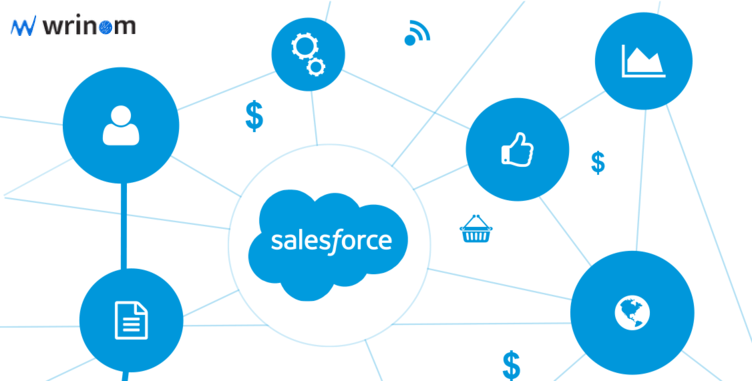Turn the tide of your business with insights that boost growth and productivity using Salesforce

What Can Business Analytics Do?
In terms of basic functionality, all business analytics software is designed to be able to collect, review, and extrapolate data. Beyond that, however, every analytics tool will likely offer different specific capabilities.
- Some business analytics software may be useful for organizing inventory, including assisting in determining the most effective times for new product launches.
- Others may be more focused on quantifying market influences, in order to spot emerging trends or potential future threats. Still other analytics programs might excel at monitoring competitor data, helping organizations to gain or maintain a competitive advantage.
- Understanding an organization’s unique needs is the first step towards identifying the right business analytics software tools.
Data Mining
While most tools will feature data-mining capabilities to some extent, choosing a tool that excels at data mining can be a real boon to a business.
- Data mining that drills down deep into all available data, and summarizes findings for quick and easy reporting helps to save hours of effort, and significant costs associated with misunderstanding and miscommunication.
- Proper data mining allows for information to be filtered according to many different various metrics, such as date, location, costs, etc.
Collaboration
- Unless a business only has one employee, there’s a good chance that any campaign, sale, initiative, or any other business-related action is going to involve the collaboration of multiple employees or departments.
- For an analytics software solution to be truly effective, it should promote efficient collaboration between multiple users, by providing a platform that can be easily accessed across multiple devices , and that can be operated by users of all levels of technological training.
Data Visualization
- As powerful and as versatile as a business analytics tool may be, if it can’t accurately present its findings to users in a way that is easy to comprehend, then it won’t be much use to anyone.
- Users shouldn’t have to comb through the same data as the analytics software just to see results, and they shouldn’t need a degree in computer science to decypher the reports it generates.
- As such, the ability of a business analytics tool to employ effective data visualization is one of the most valuable features to consider.
Predictive/Suggestive Intelligence
- Analyzing and reporting on vast data sets is essential, but a truly standout tool goes further by intelligently evaluating the data to provide valuable insights and recommendations.
- An effective business analytics software analyzes raw data to predict future events and provides actionable insights for informed decision-making.
Cloud-based Application
An analytics solution that is based in the cloud provides certain advantages over onsite solutions.
- Cloud analytics offer on-demand accessibility from authorized devices or platforms, fostering swift connectivity and enhanced collaboration, minus costly hardware setups.
This often accomplished through the use of paid subscriptions, known as software as a service (SaaS).
Analyzing Analytics
To the untrained eye, most business analytics tools may appear fairly similar, and in many ways, they are.
- However, the subtle differences inherent in these tools can have a significant impact on their effectiveness for specific organizations.
- Exploring solutions through free trials assures businesses of their choices, fostering confidence before making commitments.
- Data fuels successful businesses. Analyzing tools for data analysis ensures long-term health and viability.
To learn more, talk to our experts today. Book your free consultation now!
You may also connect with us by mail at info@wrinom.com.
